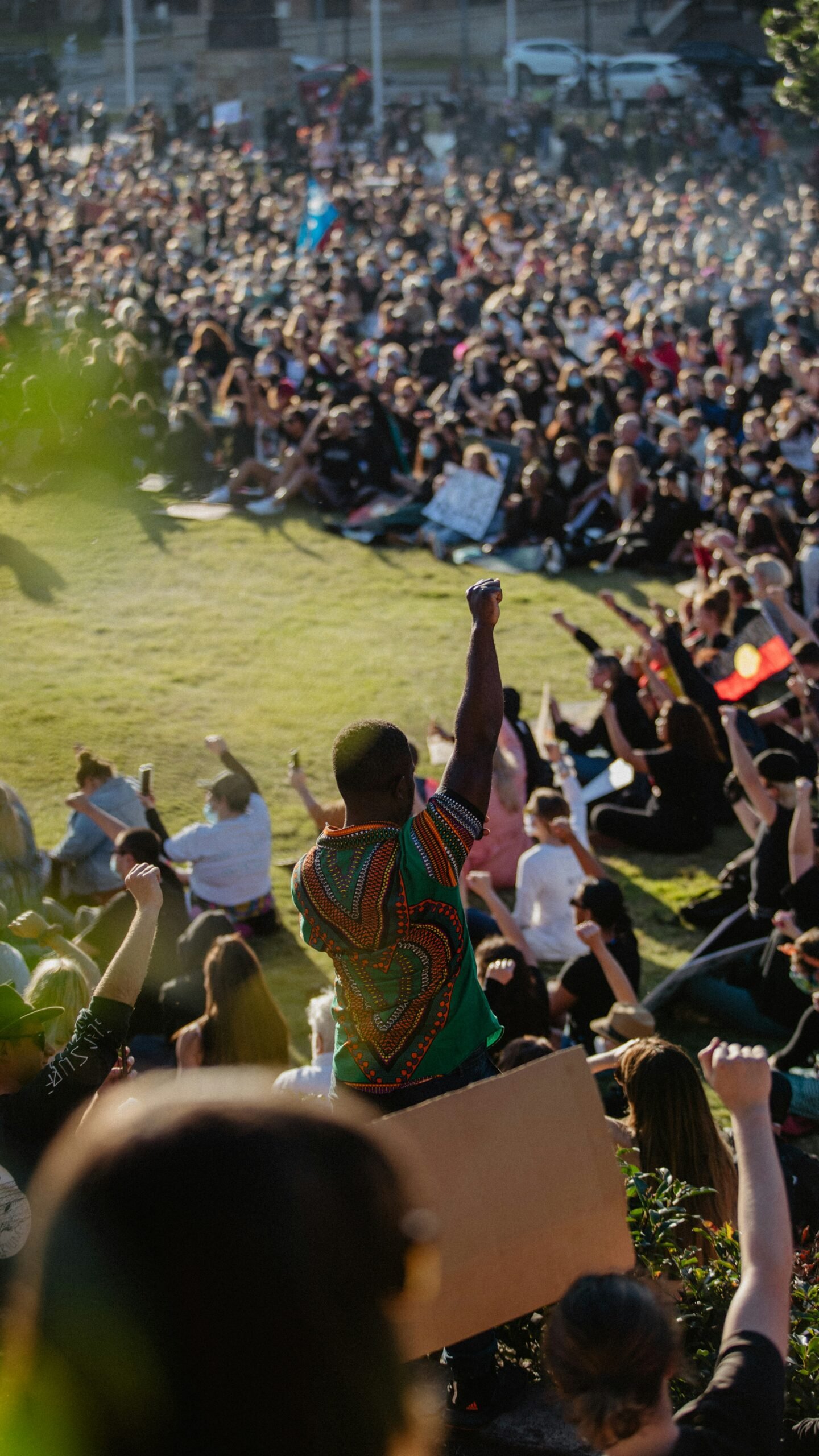Introduction
Indigenous rights and sexual sovereignty are two important aspects that intersect in the struggle for justice and equality. Indigenous communities have long been marginalized and oppressed, and their rights to cultural practices and traditions related to sexuality have often been disregarded or violated. In this blog post, we will explore indigenous perspectives on sexual sovereignty and the challenges they face in reclaiming their rights and addressing the colonial legacies of sexual violence and oppression.
Understanding Sexual Sovereignty
Sexual sovereignty refers to the inherent right of individuals and communities to make decisions about their own bodies, sexual practices, and relationships. It encompasses the freedom to express one’s sexuality without fear of discrimination, violence, or coercion. For indigenous peoples, sexual sovereignty is intricately linked to their cultural identity and traditional practices.
Indigenous communities have a rich history of diverse sexual and gender identities, which have often been erased or stigmatized by colonial forces. By reclaiming their sexual sovereignty, indigenous peoples aim to challenge the dominant narratives and reclaim their cultural practices and traditions related to sexuality.
Colonial Legacies and Sexual Violence
Colonialism has had a profound impact on indigenous communities, including their sexual and reproductive rights. The imposition of patriarchal systems, the criminalization of indigenous sexual practices, and the erasure of traditional gender roles have all contributed to the marginalization and oppression of indigenous peoples.
One of the most devastating legacies of colonialism is the prevalence of sexual violence against indigenous women and girls. This violence is rooted in a long history of objectification, dehumanization, and the denial of indigenous women’s agency over their own bodies. It is crucial to acknowledge and address this systemic issue in order to create a more just and equitable society.
Reclaiming Indigenous Sexual Sovereignty
Indigenous communities are actively working to reclaim their sexual sovereignty and challenge the colonial legacies that have oppressed them. This includes revitalizing traditional practices and ceremonies related to sexuality, promoting comprehensive sex education that is rooted in indigenous knowledge, and advocating for policies that protect indigenous sexual and reproductive rights.
Indigenous-led initiatives, such as Two-Spirit movements, are also playing a crucial role in reclaiming indigenous sexual sovereignty. Two-Spirit refers to a contemporary term used by some indigenous peoples to describe individuals who embody both masculine and feminine qualities. These movements seek to honor and celebrate the diversity of indigenous sexual and gender identities, challenging the binary notions imposed by colonial forces.
Conclusion
Indigenous rights and sexual sovereignty are intertwined struggles that demand our attention and support. By understanding and respecting indigenous perspectives on sexual sovereignty, we can contribute to the dismantling of colonial legacies and the creation of a more inclusive and equitable society.
It is crucial to listen to and learn from indigenous communities, uplifting their voices and supporting their efforts to reclaim their rights and traditions related to sexuality. Only through collective action and solidarity can we work towards a future where all individuals and communities have the freedom to express their sexuality and live without fear of discrimination or violence.

